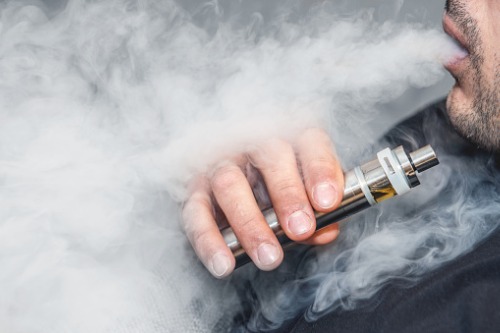New poll uncovers increased support for prohibitions on e-cigarette products

Canadians’ views on vaping have shifted significantly over the past year as evidence pointing to the harmfulness of the trend emerges, according to a new study.
In a 2019 poll conducted by the Angus Reid Institute, 62% of Canadians agreed that vaping does more harm than good, compared to just 35% who said the same thing in a similar 2018 study.
A breakdown of respondents by age revealed a heavier concentration of negative opinions among older Canadians aged 55 and older, who are less exposed to such products. While the youngest respondents — those between 35 and 54 years old — were most likely to say that vaping “does equal amounts of harm and good,” negative sentiment still got the largest weighting (49%) within that age group.
Support for vaping as a way to quit smoking also appears to have been eroded. In its 2018 poll, the institute found that 46% of Canadians agreed that switching from smoking to vaping is good for one’s health, compared to 30% who disagreed; the tables turned in last year’s survey, wherein 35% of agreed and 56% disagreed with the statement.
Concerns over the possible impact on children were also clear to see, as the survey found near-unanimous support for a restriction on flavoured vaping products. Specifically, 82% of all respondents said they would consider restricting such products to adult-only stores as a good idea, compared to 60% who were in favour of a total ban.
Other restrictions that would be “a good idea,” according to more than half of Canadian polled, were:
- Banning advertising of vaping products in areas that young people frequent (90%);
- Adding health warnings to any vaping packaging or products that contain nicotine (89%); and
- Raising the sales tax to 20% on vape products (62%).
Just under half of respondents (46%) expressed support for a total ban on vaping products; the sentiment was stronger among those aged 55 and above, with 61% saying that it would be a good idea. In contrast, a majority of millennials (53%) held the opposite view.



